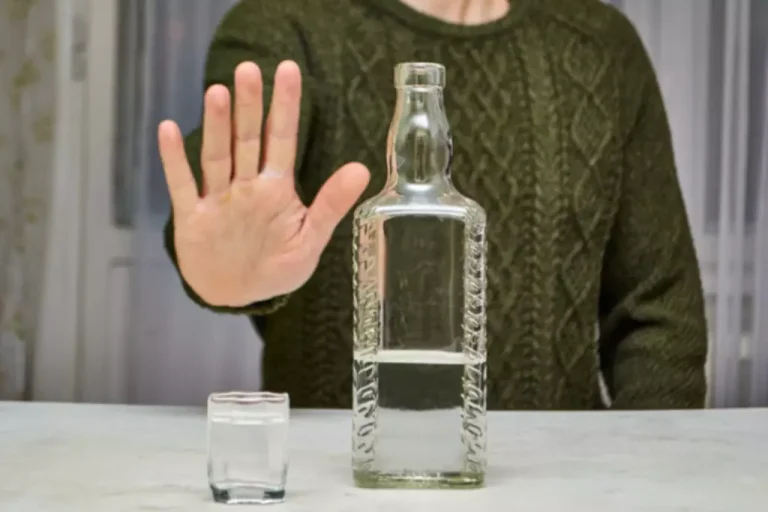
Alcoholic neuropathy is a condition involving nerve damage, pain, numbness, tingling, and weakness primarily in the extremities of those who chronically abuse alcohol. This neurological damage may be irreversible, highlighting the importance of early and effective alcohol use disorder treatment. Nerve damage from chronic alcohol consumption can develop over several years.

What is alcoholic neuropathy muscle weakness?
- In addition, a support group can help you cope with the life changes you’re experiencing as a result of your condition.
- Addiction helplines, like the one operated by American Addiction Centers, can also be powerful resources for those seeking help of alcohol addiction.
- The damage from alcohol neuropathy can affect the nerves that control movement, senses, and organ function.
- These can affect both your controlled and involuntary movements, as well as sensations.
Most patients with alcohol neuropathy initially present with symmetrical polyneuropathies in the lower distal extremities; however, heavier abuse can progress to distal upper extremity symptoms. The most common findings are sensory-related and vary, including pain, numbness, and paresthesias. Pain seems consistent in the literature as 1 of the most common complaints and can be the https://ecosoberhouse.com/ first clinical indication of the disease. Keeping this disease process high on the differential with the right history is essential. Progression of the disease leads to symmetrical ascending motor and sensory deficits. Both the toxicity of alcohol and nutritional deficiencies have been linked with alcoholic neuropathy, which is one of the most common but least recognizable consequences of heavy alcohol use.
General Health
The authors concluded that malnutrition, including low blood concentrations of B vitamins, is not a prerequisite for the development drug addiction of alcoholic neuropathy, and ethanol per se plays a role in the pathogenesis of alcoholic neuropathy. Females, generally tend to drink less alcohol, are better abstainers, and present the smaller probability of the development of alcohol-related diseases 127, 128. However, compared to males, the symptoms of excessive alcohol consumption manifest earlier in females 129, 130. Alcohol-related liver cirrhosis may occur even a few years earlier in females compared to males 131.

Progressive & Permanent Side Effects
Symptoms of AAN are due to impairments in both sympathetic and parasympathetic autonomic fibers of the cardiovascular, digestive, and urogenital systems. The reduction of internodal length contributes to the decreased speed of nerve conduction which may be implemented in impairments in perspiration, baroreceptor reflexes, and functions of internal organs. To determine the functions of the sympathetic division of the autonomic nervous system (ANS), sympathetic skin response (SSR) is used; the abnormal results of this test suggest subclinical transmission impairments 162.
Prevalence of alcoholic neuropathy
- The ethanol consumption of these patients was more than 100 g day–1 for more than 10 years.
- This helpline is answered by Treatment X LLC, an addiction treatment provider with treatment facilities in Ohio, Pennsylvania, and California.
- Treating the alcohol use disorder in a person who has been diagnosed with alcoholic polyneuropathy is the key to treating this disorder.
- These findings constitute direct evidence that spinal PKC plays a substantial role in the development and maintenance of an ethanol-dependent neuropathic pain-like state in rats.
- Current postulation holds that dysfunctions within the central and peripheral nervous system are due to both direct and indirect toxic effects of alcohol 31, 85,86,87.
People who drink heavily on a regular basis and have one or more of the following symptoms should contact a doctor. The most important thing you can do to treat alcohol-related neuropathy is to stop consuming alcohol.

They work to send signals throughout the central nervous system and the rest of the body. Nerves help you to move (motor nerves) and feel physical sensations (sensory nerves). Some of your bodily functions are autonomic, which alcoholic neuropathy means that you don’t directly control them. Nerves that are part of the autonomic nervous system help to regulate heart rate, body temperature, respiration, and blood pressure. Polyneuropathy involves damage to more than one nerve at the same time, usually multiple nerves throughout the peripheral nervous system and all over the body.
